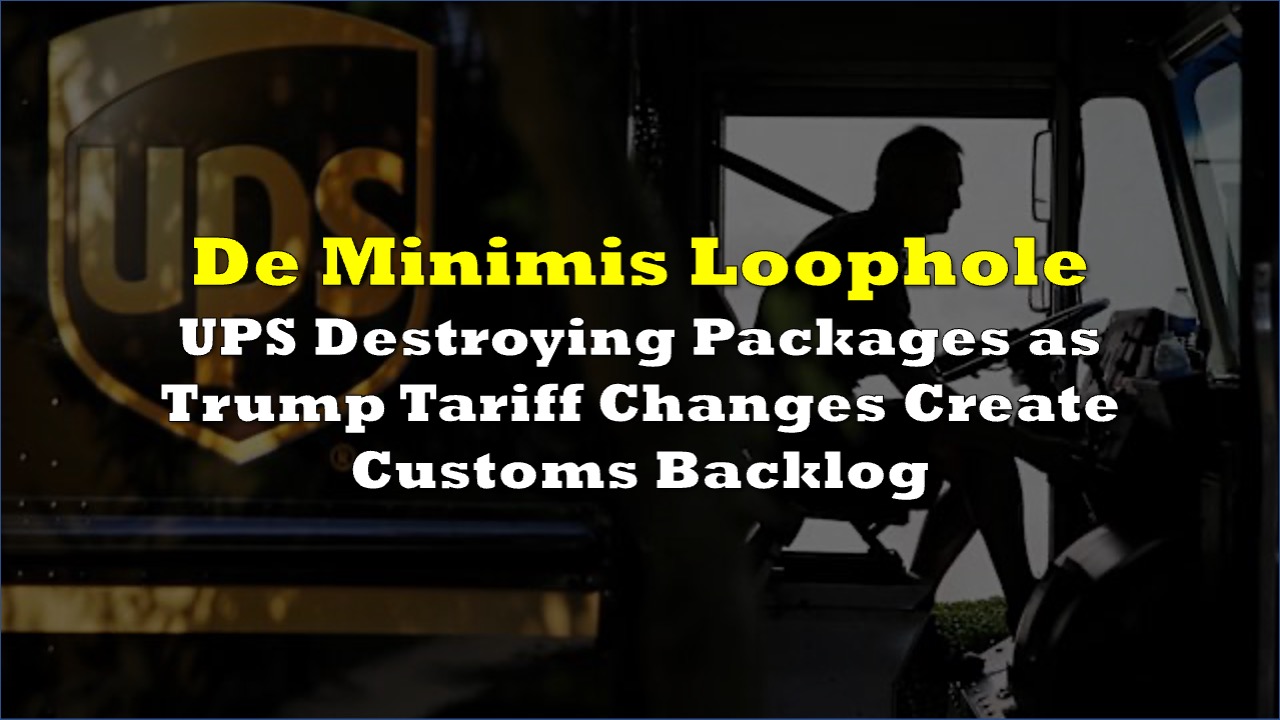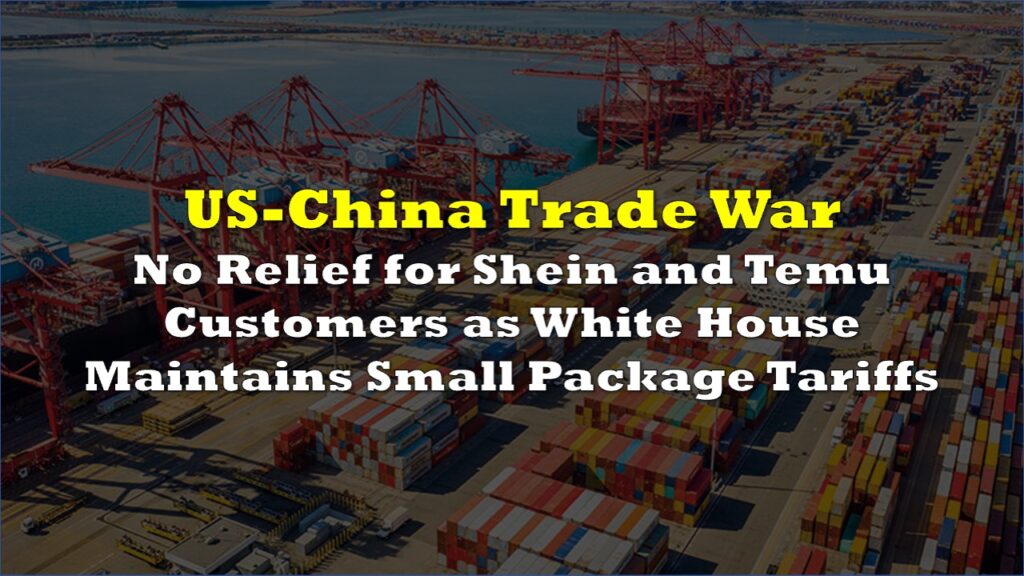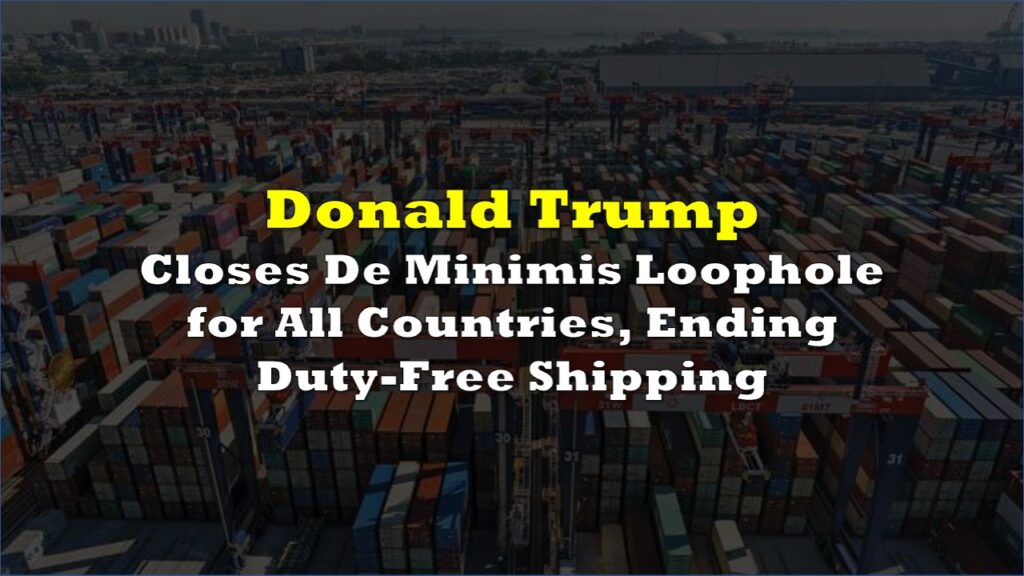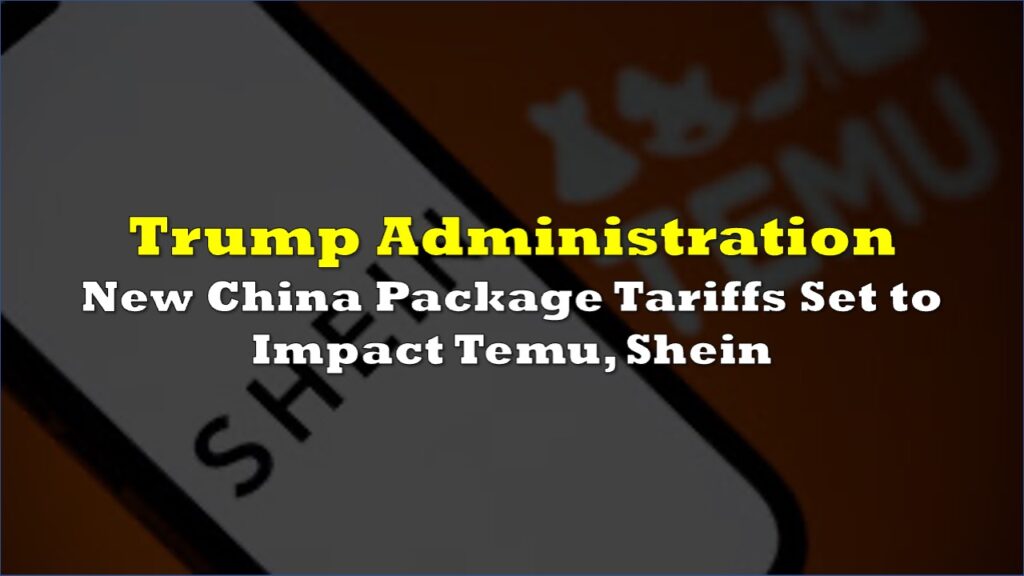UPS (NYSE: UPS) warehouses nationwide hold thousands of international packages in limbo, with the shipping giant acknowledging it has begun “disposing of” some shipments that cannot clear customs under new Trump administration regulations.
New customs requirements created the backlog after the Trump administration eliminated the “de minimis” exemption, which for decades allowed packages valued at $800 or less to enter the US duty-free. The administration ended the exemption globally on Aug. 29, citing national security concerns and efforts to combat fentanyl trafficking.
About a month ago, the Trump administration got rid of the de minimis exemption, where by packages valued under $800 could slide in without duties. Now there's a backlog as the government can't process all of this paperwork, leading to UPS just destroying packages pic.twitter.com/cmtnXjT6yu
— derek guy (@dieworkwear) October 12, 2025
“I’ve never seen anything like this before. It’s totally unprecedented,” said Matthew Wasserbach, brokerage manager of Express Customs Clearance, a New York-based shipping services firm that has seen a spike in distress calls from customers.
UPS customers report receiving contradictory tracking notifications, with the company marking some packages “destroyed” only to later show them as “on the way,” then destroyed again. The delays affect items ranging from books and personal belongings to luxury goods worth tens of thousands of dollars, as well as sentimental items including engagement rings and diplomas.
“Because of changes to US import regulations, we are seeing many packages that are unable to clear customs due to missing or incomplete information about the shipment required for customs clearance,” UPS said in a statement to NBC News.
The company said it makes multiple attempts to obtain necessary customs information, but must eventually dispose of packages when documentation cannot be completed. UPS said that more than 90% of packages clear customs on the first day.
The policy change has thrown international shipping into disarray. Packages now face hundreds of country-specific tariff rates under Trump’s “reciprocal tariffs” system, dramatically increasing documentation complexity.
Read: Trump Closes De Minimis Loophole for All Countries, Ending Duty-Free Shipping
Congress first enacted the de minimis exemption in the 1930s to reduce administrative burden on low-value goods. E-commerce growth drove shipment volume under the exemption from 134 million packages in 2015 to 1.36 billion in 2024.
Trump eliminated the exemption for China and Hong Kong on May 2 before expanding the suspension worldwide. Some international retailers and carriers have suspended shipments to the US or imposed steep delivery fees in response.
Information for this story was found via the sources and companies mentioned. The author has no securities or affiliations related to the organizations discussed. Not a recommendation to buy or sell. Always do additional research and consult a professional before purchasing a security. The author holds no licenses.









